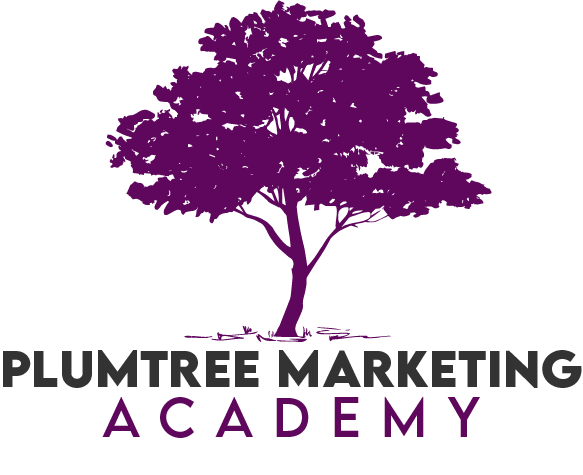Oscar Wilde once said that “the only thing that one really knows about human nature is that it changes.” But if you study ancient texts you see that there’s an awful lot about human nature that apparently does not change at all.
For example, a lot of the statements made about communication by Aristotle, the great philosopher and scientist from ancient Greece, are relevant for your marketing program today. For example …
On the importance of character: “Character may almost be called the most effective means of persuasion.”
In most businesses, building credibility and trust – in other words, convincing prospects of the excellence of your company’s “character” – is vital. If your character has been called into question, your message will be tuned out.
On knowing your target audience: “The educated differ from the uneducated as much as the living from the dead.”
Different target audiences require different approaches. To build credibility and trust you need to appeal to the needs, emotions and average educational level of your prospects.
For example, if your law firm is targeting corporate CEOs your message will be very different than if you’re trying to convince high school drop-outs accused of drunk driving to give you a call.
On keeping it simple: “To write well, express yourself like common people, but think like a wise man. Or, think as wise men do, but speak as the common people do.”
Quite often one of the hardest things to do in marketing is to keep it simple. Regardless of how complicated your product is, you need to explain it in a way that is as simple to understand as possible.
People won’t want to do business with you if you make them feel stupid. Plus, a straightforward message also helps to avoid confusion. Avoiding confusion is important, because people who are confused, intimidated or feeling dumb will avoid making a purchase decision altogether.
On making an emotional connection: “Educating the mind without educating the heart is no education at all.”
If you only tout the features of your offering, you are in effect “educating the mind.” If you actually want to motivate people to buy, you need to “educate the heart” by focusing on the benefits, and on presenting these benefits in a relatable way. How will you solve your prospect’s problems, meet their needs or improve their life? That’s what their heart cares about, and that’s what will lead to a sale.


